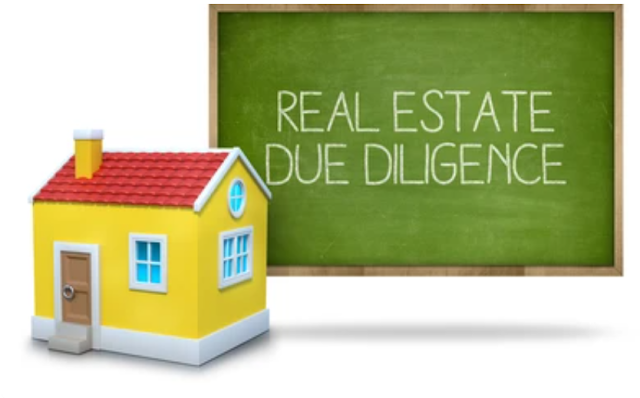Real Estate Due Diligence: Essential Steps for Buyers and Sellers
Real Estate Due Diligence: Essential Steps for Buyers and Sellers
Real estate due diligence refers to the comprehensive investigation and analysis conducted by buyers and sellers before completing a real estate transaction. It involves gathering and evaluating information about the property to assess its legal, financial, and physical condition. Both buyers and sellers have specific due diligence responsibilities to ensure a smooth and informed transaction. In this detailed explanation, we will explore the essential steps for buyers and sellers in conducting real estate due diligence.
Buyers' Due Diligence Steps:
Property Inspection:
\Conduct a thorough physical inspection of the property. Engage a professional inspector to evaluate the condition of the building, systems (such as plumbing and electrical), and any potential issues like structural problems, water damage, or pest infestations. The inspection report will help identify any significant defects or maintenance requirements.
Title Search and Survey:
Obtain a title search to ensure that the property has a clear and marketable title, free from liens, encumbrances, or ownership disputes. A survey may also be conducted to confirm the property's boundaries and identify any encroachments or easements.
Zoning and Land Use:
Verify the property's zoning and land use regulations to ensure it aligns with your intended purpose. Check for any restrictions, such as setbacks, height limitations, or environmental considerations, which may impact your planned use or development.
Environmental Assessment:
Assess any potential environmental risks associated with the property. This may involve conducting an environmental assessment or obtaining reports on issues like soil contamination, hazardous materials, or proximity to environmentally sensitive areas.
Financial Analysis:
Evaluate the property's financial aspects, including income and expense statements, rent rolls (for income-producing properties), leases, and historical financial records. Assess the property's potential for future cash flow, return on investment, and any risks or contingencies that may affect its value.
Legal and Permitting Compliance:
Review all relevant legal documents, contracts, permits, and licenses associated with the property. Ensure compliance with local building codes, zoning regulations, and any applicable laws or regulations.
Sellers' Due Diligence Steps:
Assemble Property Documentation:
Gather all relevant documents, including deeds, surveys, title insurance policies, property tax records, permits, environmental reports, leases, financial statements, and maintenance records. Organize and make these documents available to potential buyers for review.
Property Condition Assessment:
Consider conducting a property condition assessment to identify any existing physical issues, repairs, or maintenance requirements. Addressing these items in advance can help streamline the transaction process and alleviate potential concerns for buyers.
Legal Compliance:
Ensure that the property complies with all relevant laws, regulations, and permits. This includes verifying zoning compliance, building code adherence, and any necessary inspections or certifications.
Financial Analysis:
Prepare accurate financial statements, income and expense reports, and rent rolls. Provide a comprehensive overview of the property's financial performance and potential. Buyers will analyze this information to assess the property's value and investment viability.
Tenant and Lease Analysis:
For income-producing properties, review tenant leases, occupancy rates, and lease agreements. Verify the accuracy of rent rolls, tenant payment histories, and lease terms. Buyers will want assurance of stable tenancy and income streams.
Environmental and Hazardous Material Disclosures:
Disclose any known environmental issues, hazardous materials on-site, or past contamination problems. Full transparency regarding potential environmental risks is essential.
Both buyers and sellers may also engage professionals such as real estate attorneys, appraisers, environmental consultants, and tax advisors to assist in the due diligence process.
In summary, real estate due diligence is a critical step in a real estate transaction. Buyers should thoroughly investigate the property's physical, legal, financial, and environmental aspects, while sellers must compile and disclose relevant property information. By conducting comprehensive due diligence, both parties can make informed decisions, mitigate risks, and ensure a smooth and successful real estate transaction















No comments